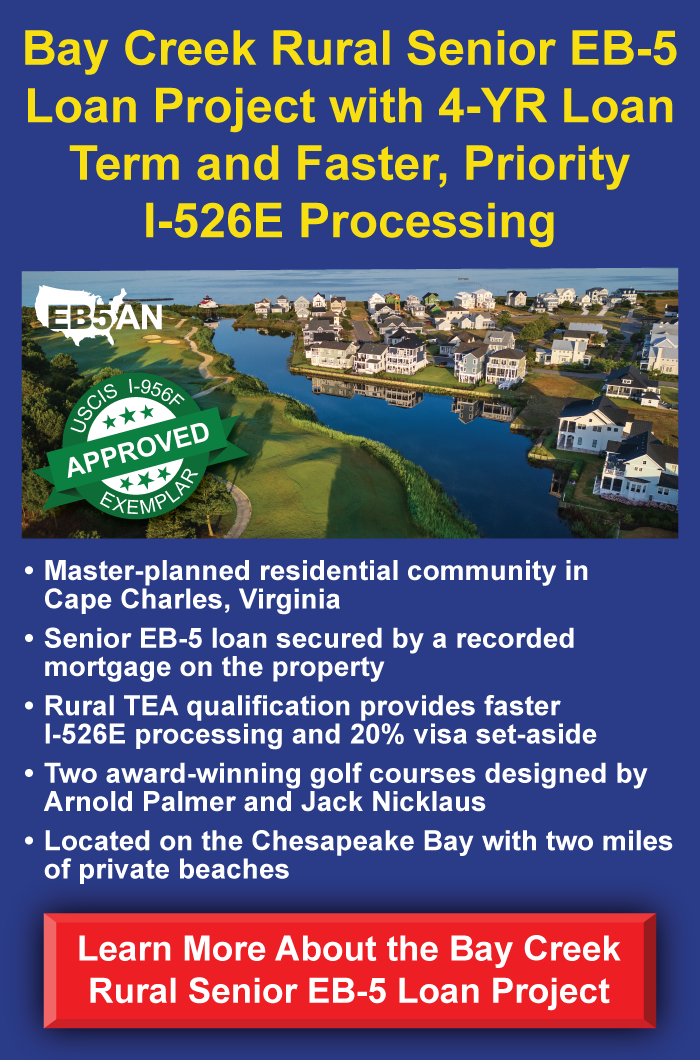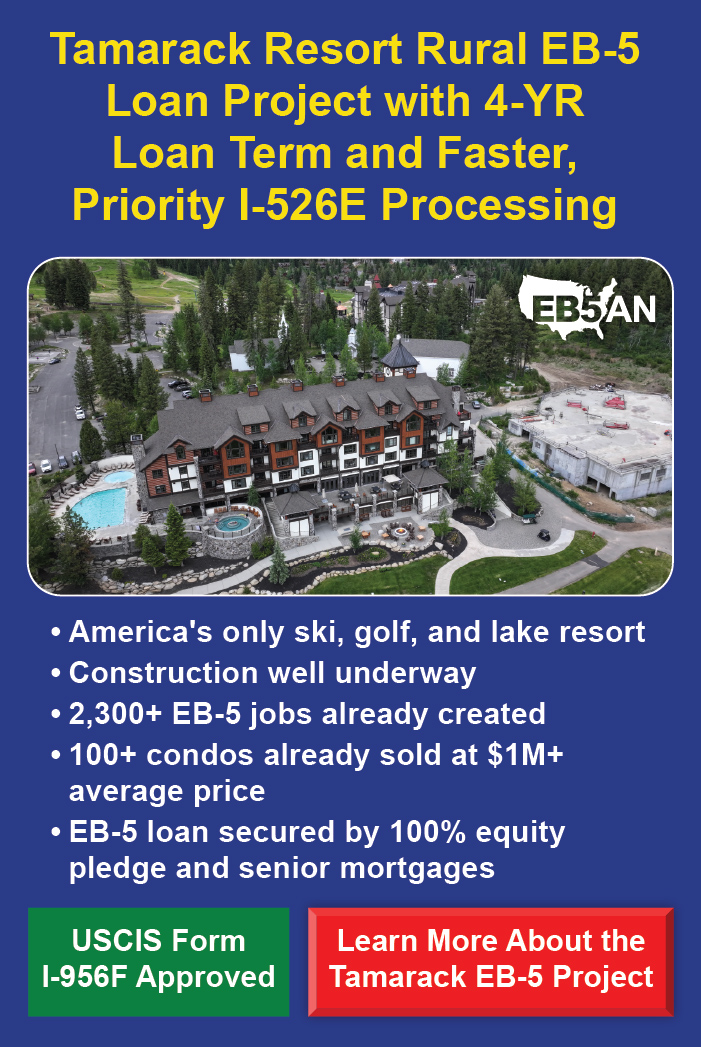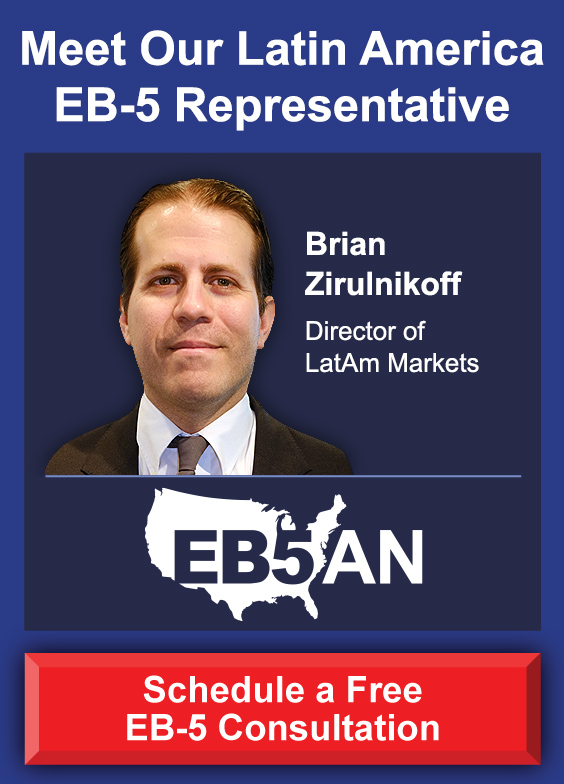Venezuela is home to the world’s largest reserves of crude oil, surpassing even Saudi Arabia. While this supply led to a booming economy in the 1990s, the government’s mismanagement of money and pivot to socialism have led to the impoverished nation seen today. Because of the current political upheavaland the resulting uptick in violence, many wealthy Venezuelans will find it desirable but challenging to move to a more stable location.
Wealth and Economy
Venezuela’s spiraling economy due to falling oil prices has been gripped by hyperinflation predicted to reach 10,000,000% this year. Residents can hardly afford to buy necessities and must keep up with constantly changing prices. Shortages in food, medicine, and fuel have led to extensive looting. Affluent Venezuelans who are able to preserve their wealth are often drawn to U.S. cities such as Los Angeles and Miami as a safer alternative.
Political Landscape
The current humanitarian crisis and violent political turmoil between President Nicolás Maduro and his rival Juan Guaidó have prompted an international response. Large groups of Venezuelans have joined caravans trekking towards the U.S., and humanitarian aid has been blocked from entering the country. Mass poverty and hunger are threatening the nation’s population while Maduro favors large displays of military might. Wealthy Venezuelans have plenty of motivation to leave the country in its current state.
Crime and Safety
Venezuela holds the highest murder rate in the world, with an average of 81.4 homicides per 100,000 people in 2018. This total is slightly lower than in the previous two years, likely because some criminals have hidden among the three million Venezuelans fleeing the country since 2015. Added tensions between President Maduro and his political rival have only intensified the situation, pushing wealthy and ordinary citizens alike to leave while they still can.
Environmental Conditions
In an effort to combat Venezuela’s worsening economic crisis, President Maduro has tried to market the country’s ample mineral resources by opening up the Orinoco Mining Belt—which covers more than 12% of the country’s land—to international mining. This move has already endangered the country’s rich biodiversity and rainforestsand led to increased deforestation and pollution.Other environmental problems in Venezuela include water shortages, sewage pollution, and soil degradation.
Educational Quality
In the ongoing economic and humanitarian crisis, education has become the least of many Venezuelan families’ concerns. With hyperinflation and the current food shortage, school supplies have become unaffordable, leading to a high rate of student absenteeism. Teachers also are in short supply, with many schools asking parents to take over when teachers stop coming to class. School infrastructure is failing, and academic freedom has been jeopardized. Students themselves are often subjected to political threats and questioned about their views. Venezuelan families who can afford to move have plenty of reason to do so.
EB-5 Project Selection Preferences
Venezuelan EB-5 investors are most interested in a quick escape from the political and economic turmoil racking their country. For this reason, EB-5 investors in Venezuela prefer to put their money in projects that can move at a faster pace. They also lean towards working with regional centers for smaller projects with visible results. With the Venezuelan humanitarian crisis only getting worse, high returns on investments are not the primary concern for Venezuelan EB-5 investors seeking safetyin the U.S.
Capital Flow and Other Challenges with the EB-5 Process
Considering the near-worthlessness of the Venezuelan bolivar, it is exceedingly difficult to withdraw even a small amount of money from a Venezuelan bank. Because of this, potential Venezuelan EB-5 investors who want to transfer their wealth often have to complete the transaction from within a neighboring country.
Marketing Channels for Investors
As in Brazil, there are very few EB-5-specific brokers for Venezuelan investors to work with. The main challenge for U.S.-based brokers and agents is to simply increase awareness of the EB-5 visa program in Venezuela and other Latin American countries. They must also put in the effort to build relationships with Venezuelan tax specialists, lawyers, and wealth managers who interact regularly with the country’s wealthiestcitizens. In addition, many brokers target affluent Venezuelans who already reside in America on other temporary visas, and who are nervous about their status given current U.S. immigration policies.










